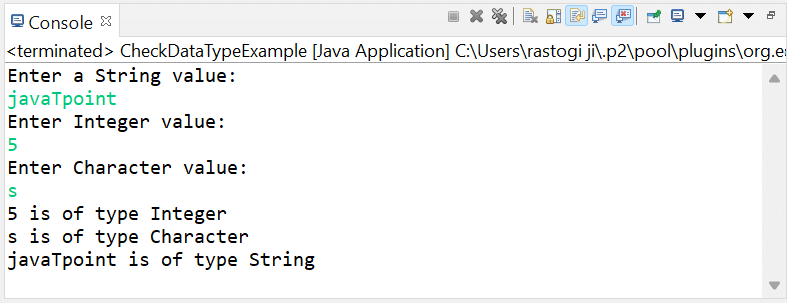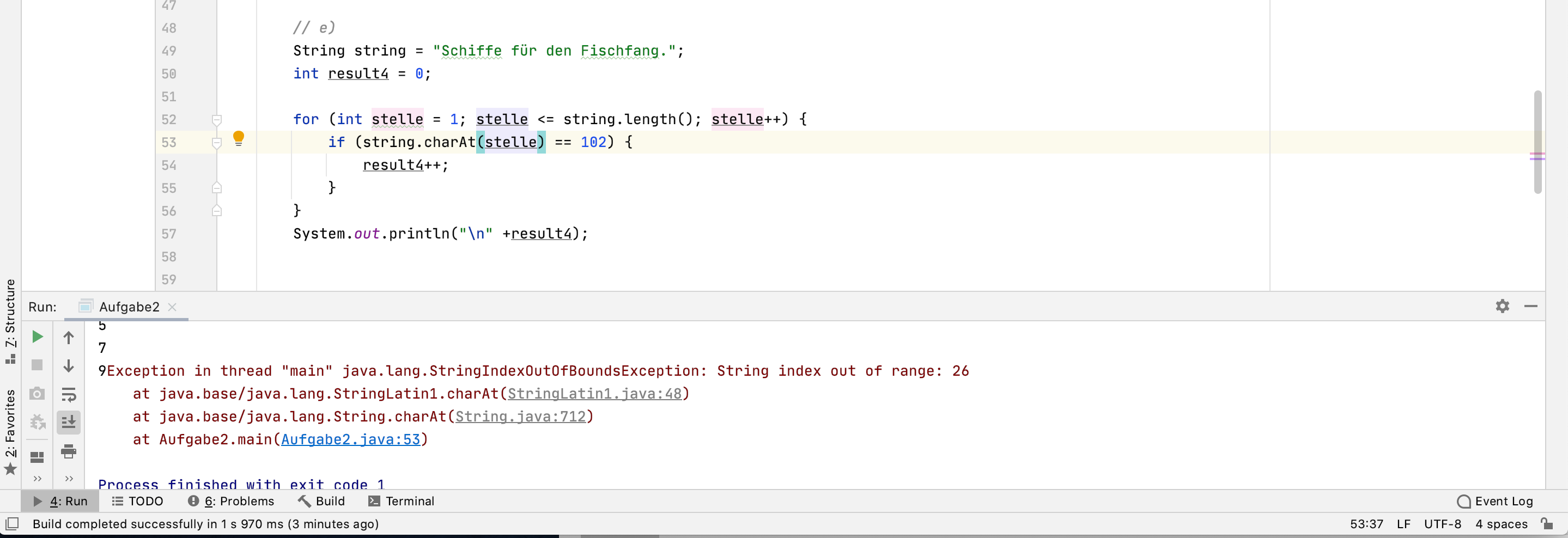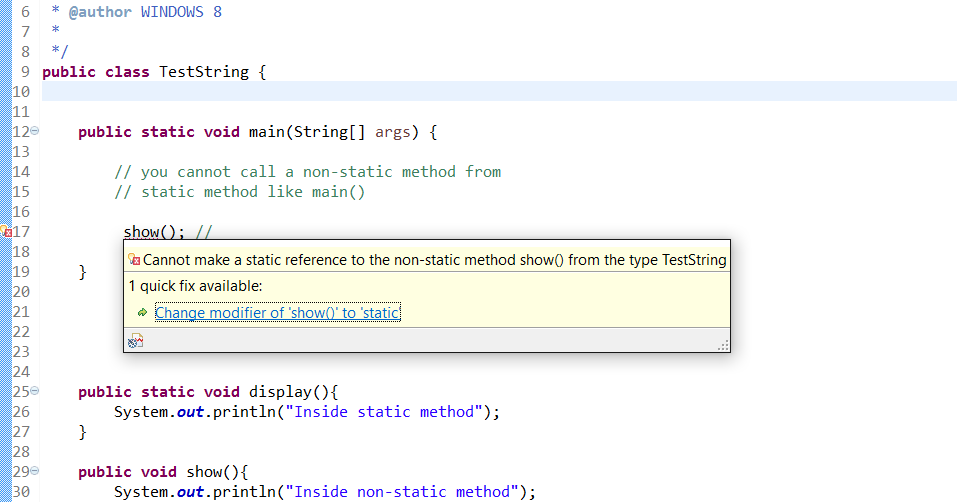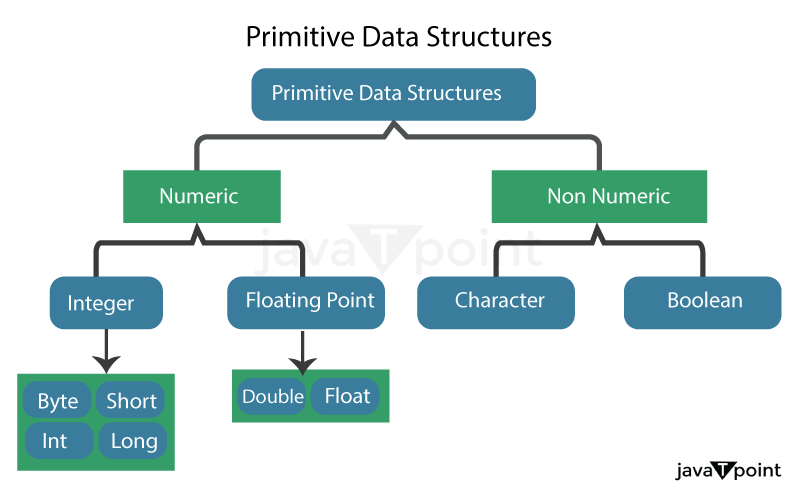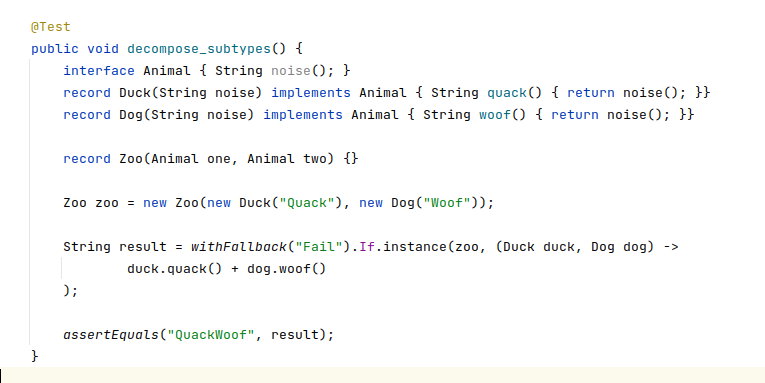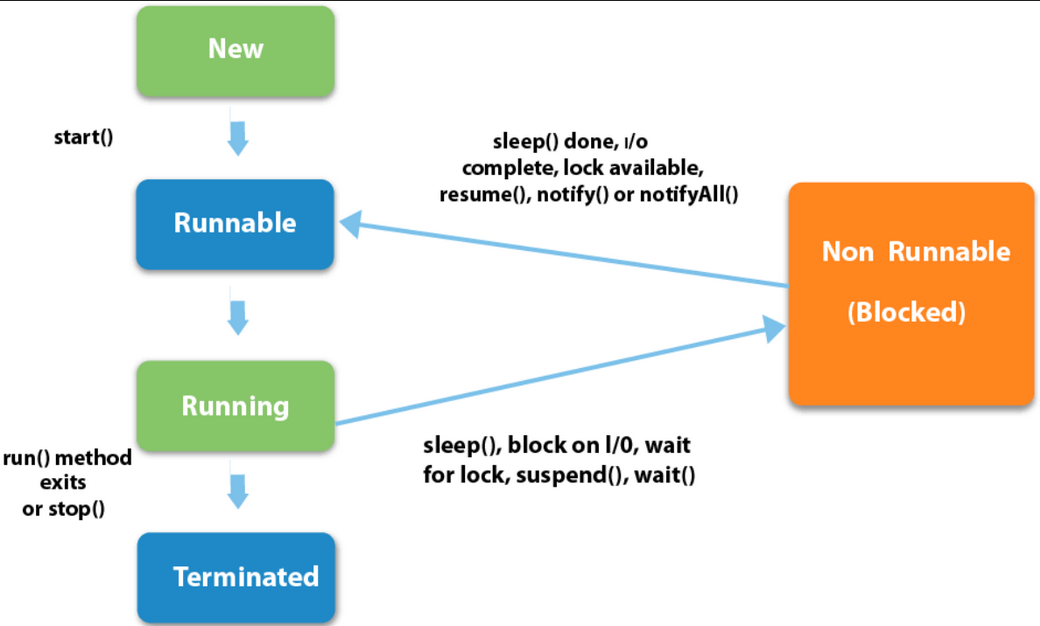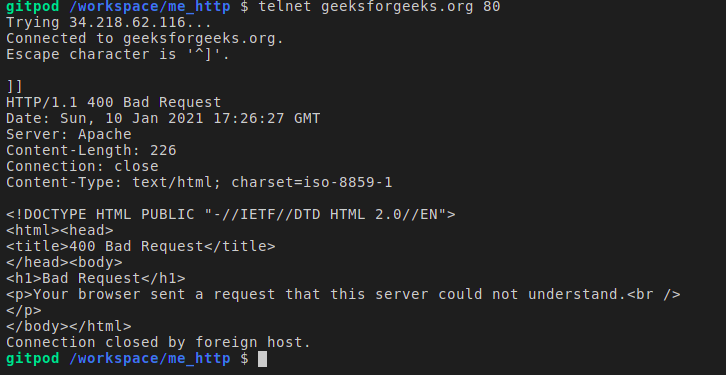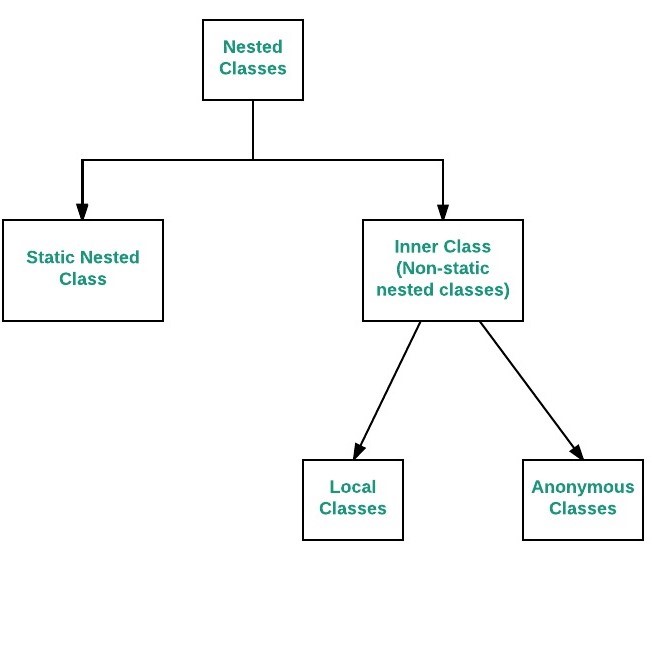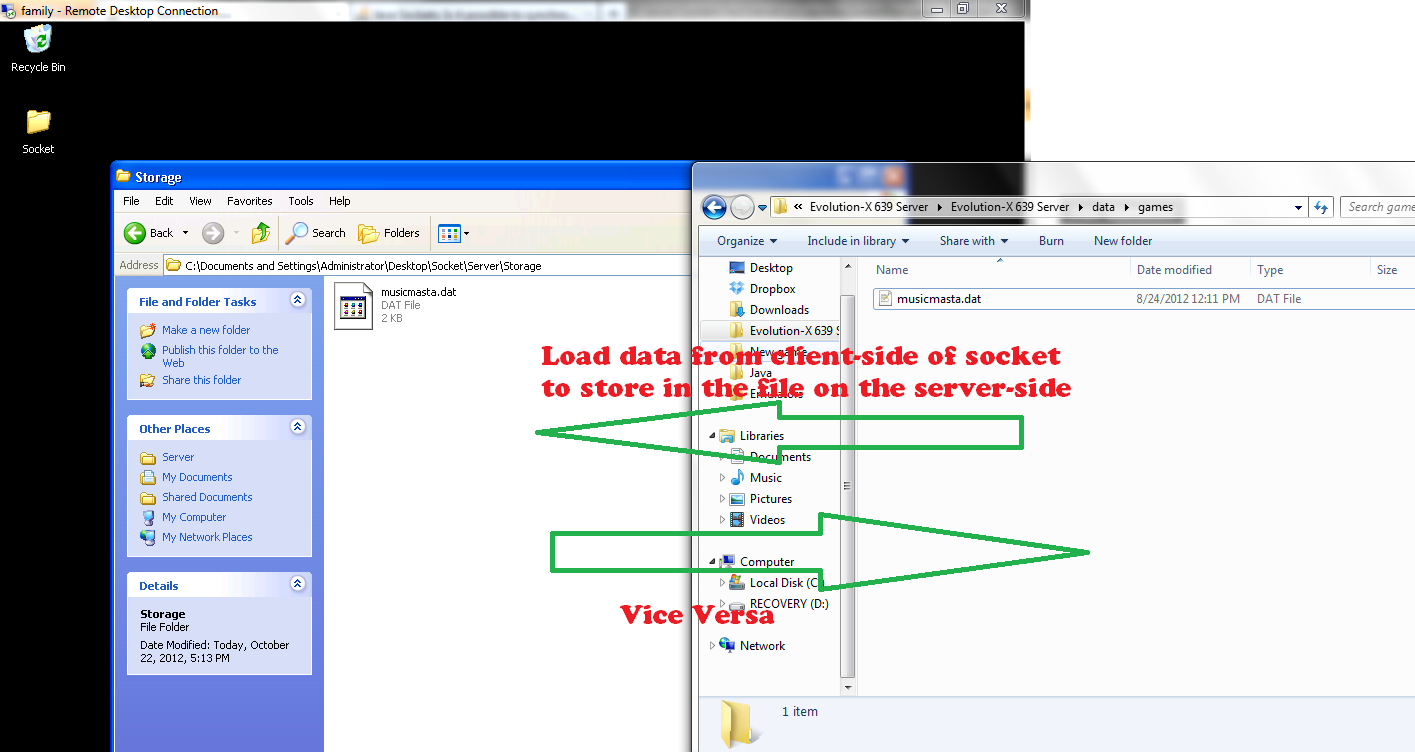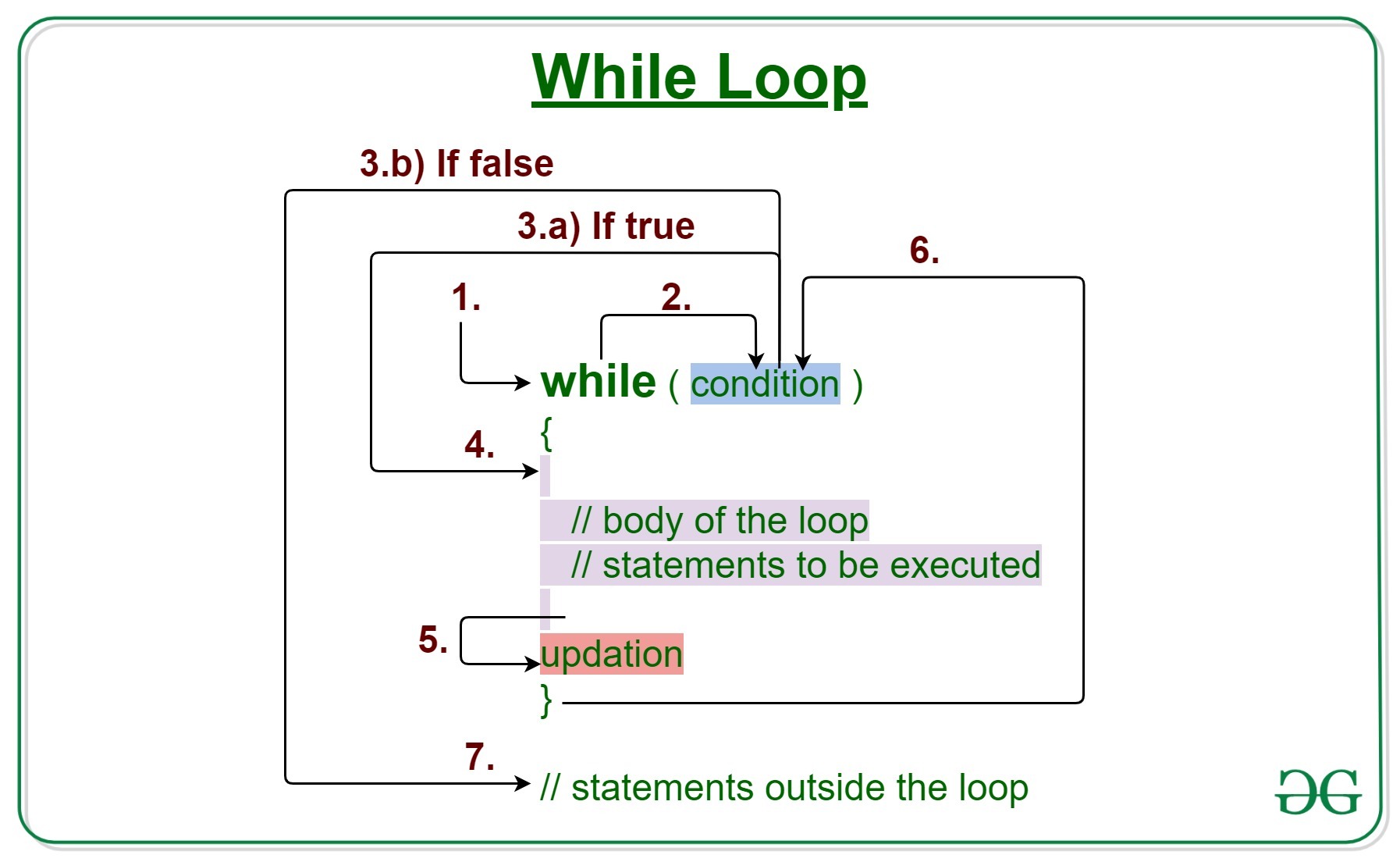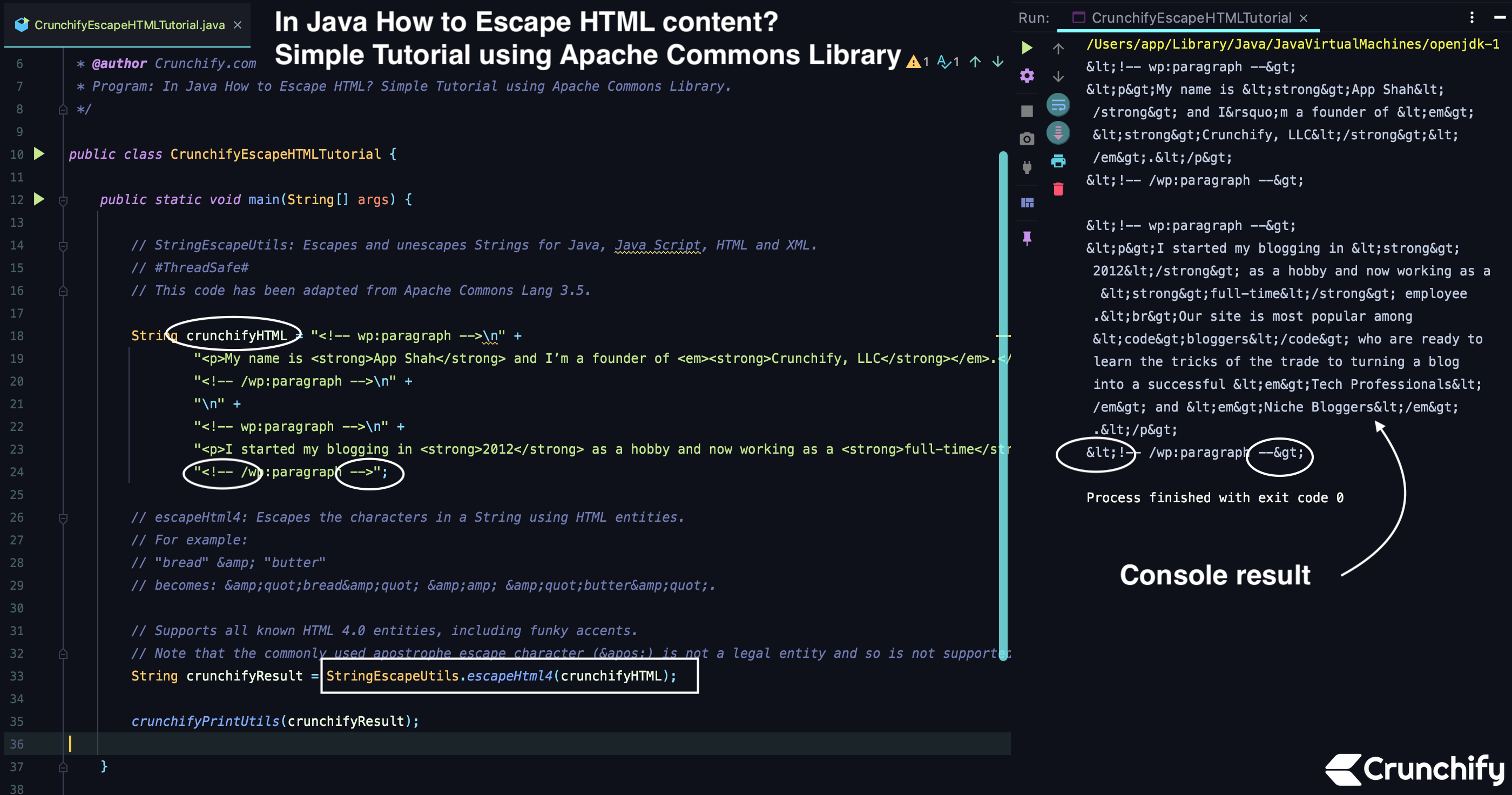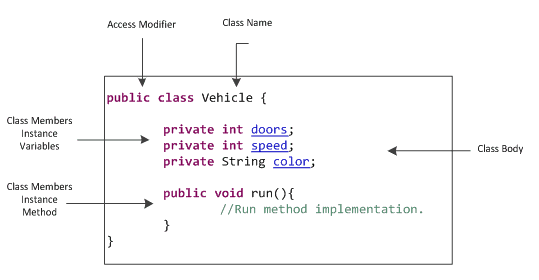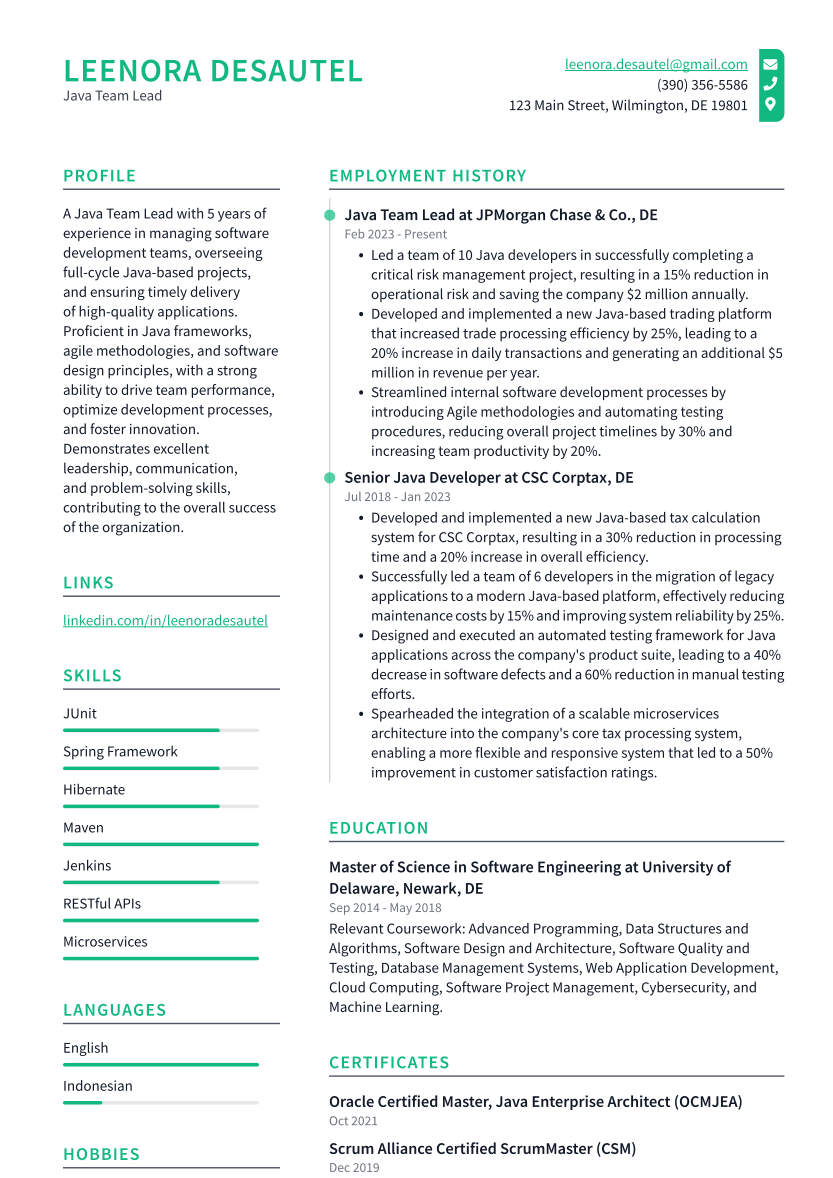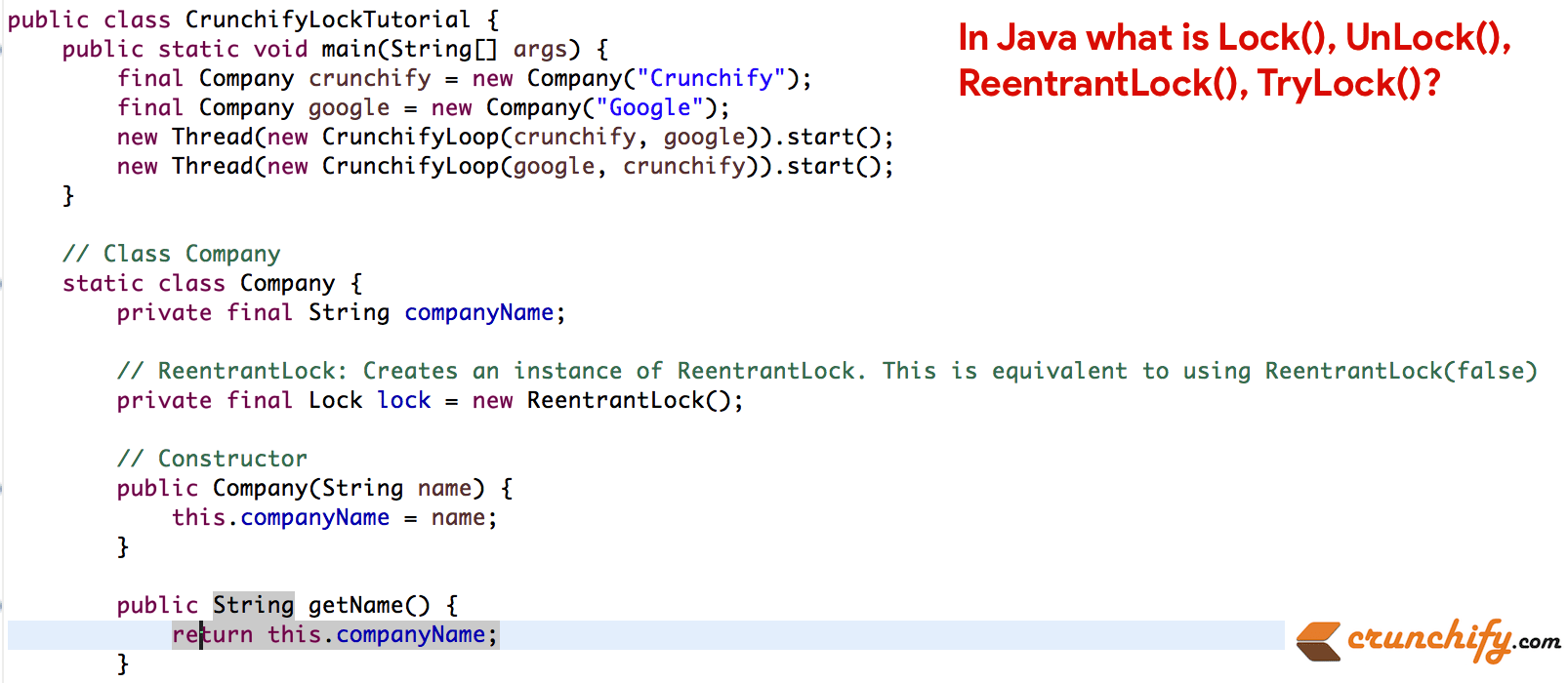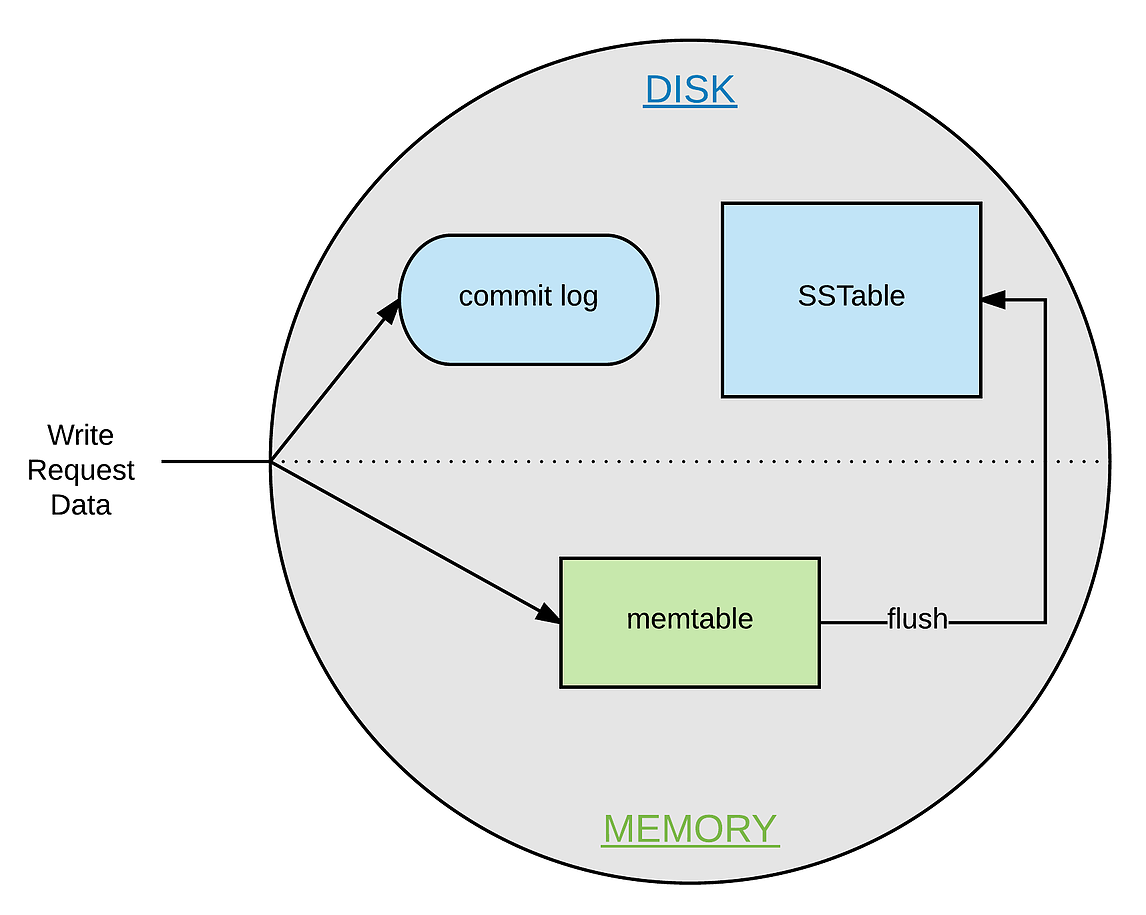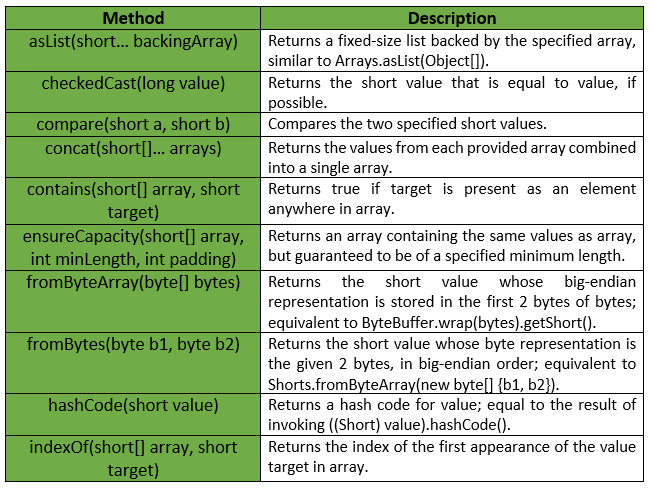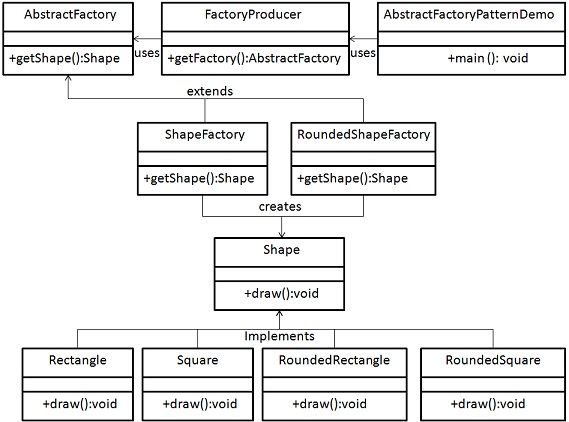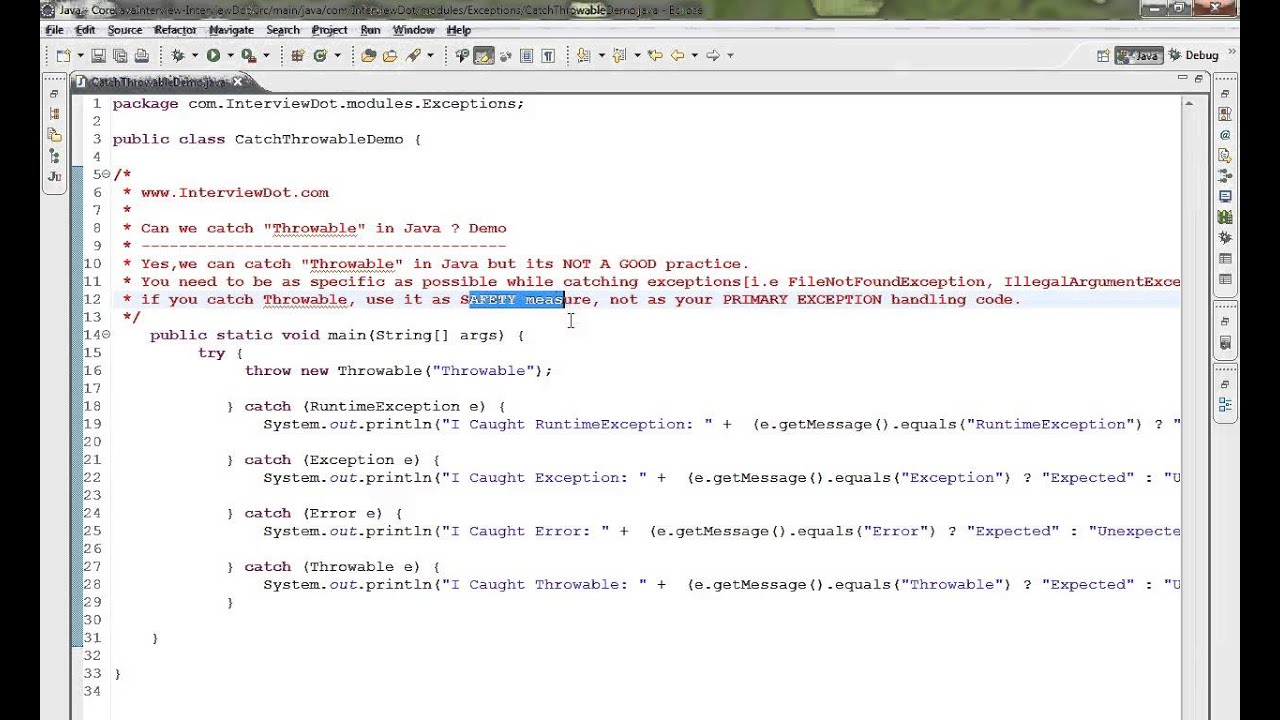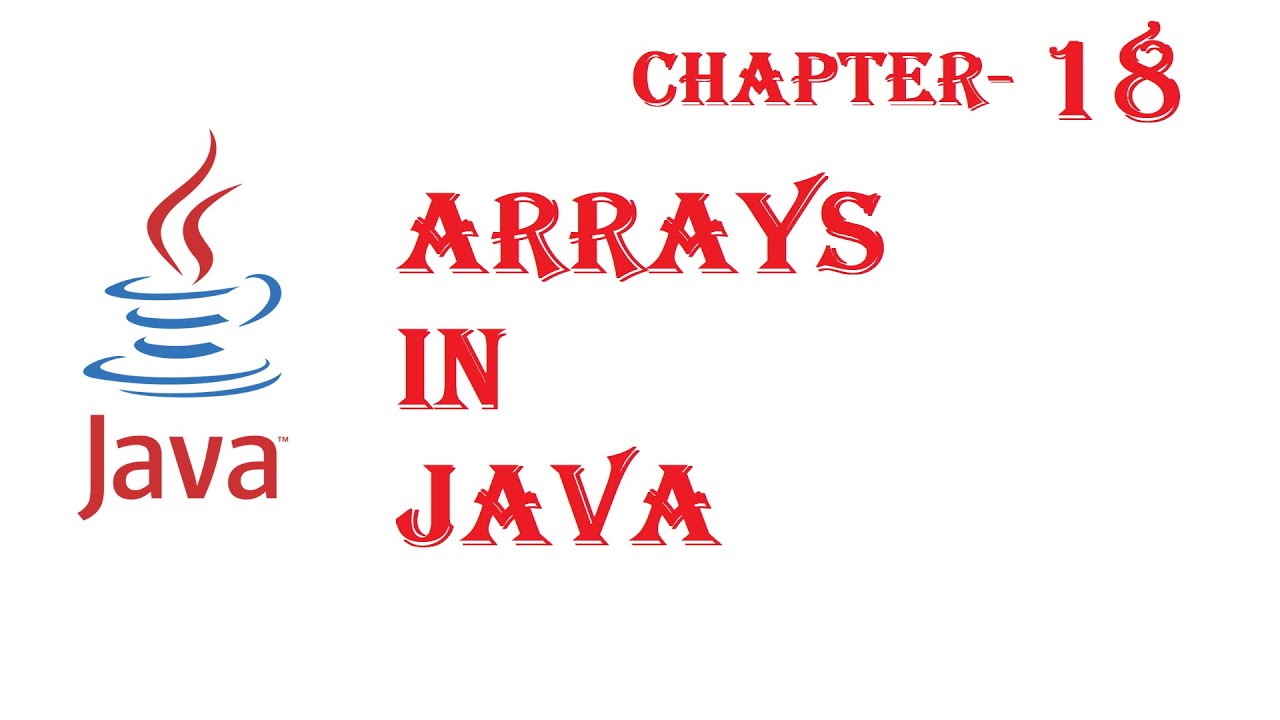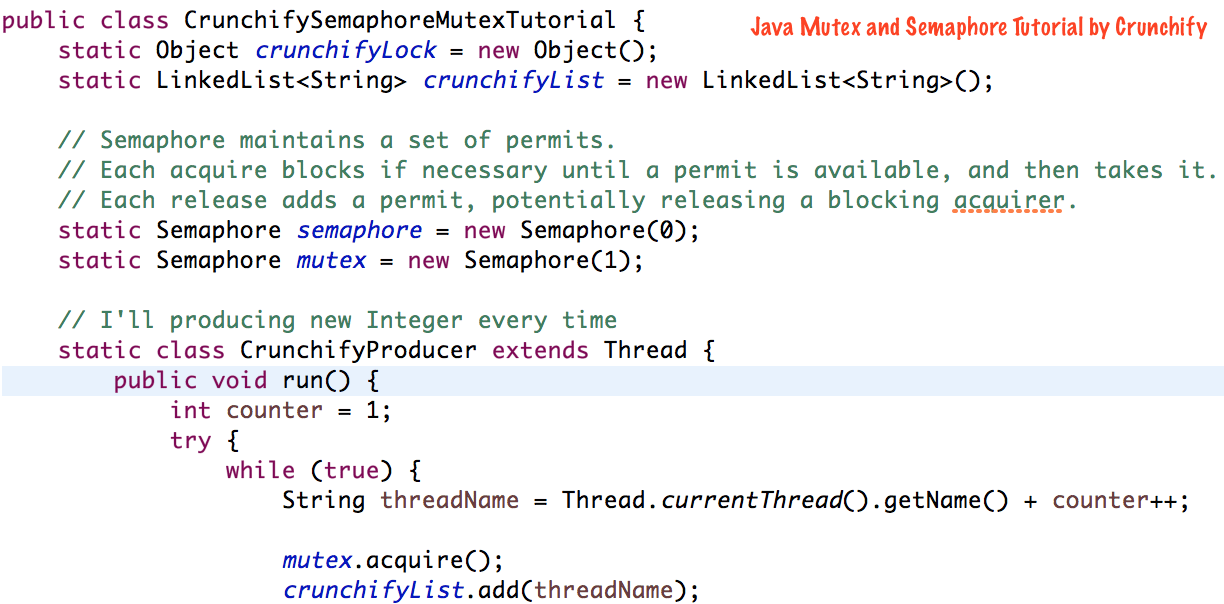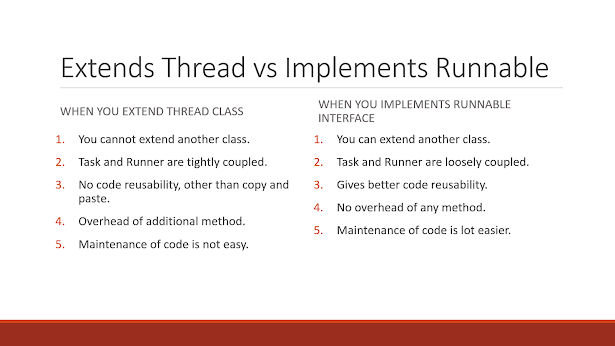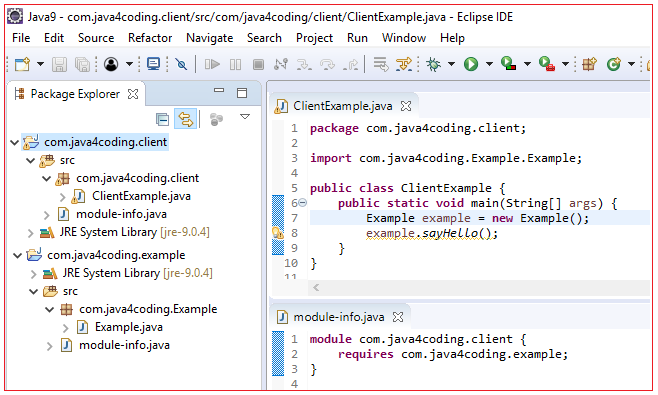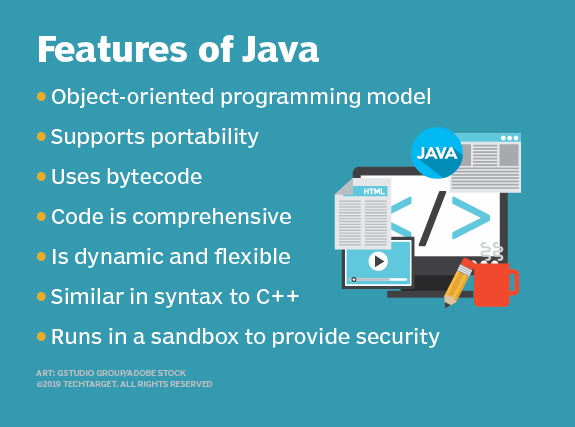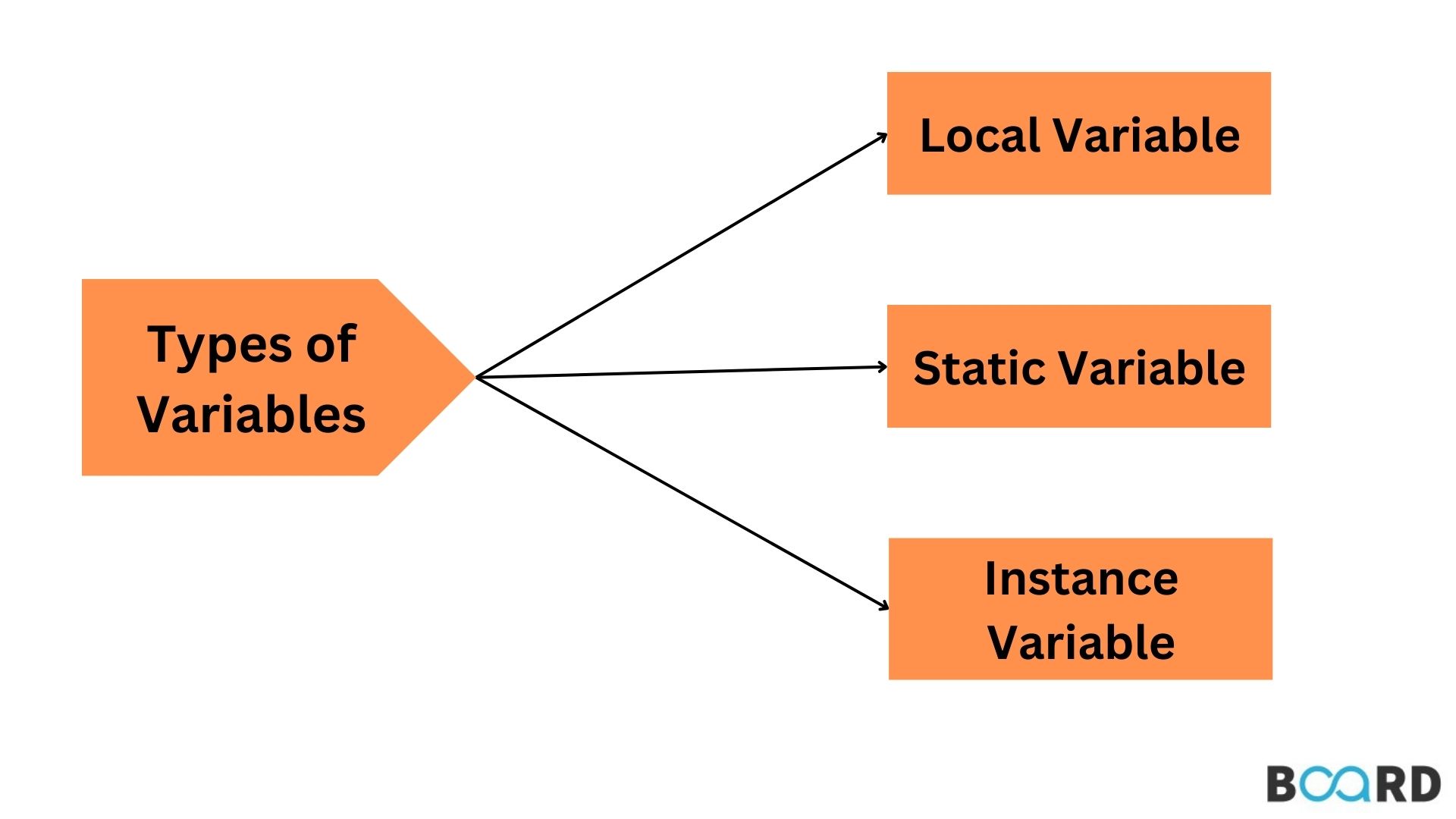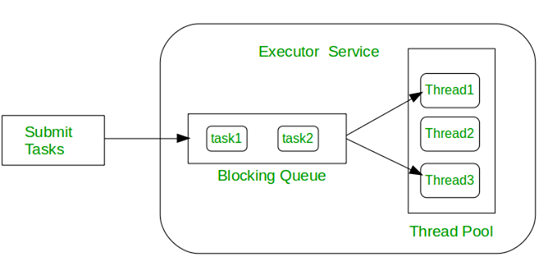What is the scope of a variable in an array in Java?
What is the scope of a variable in an array in Java?
In Java, when you declare an array, each element of the array has its own scope, which means it can only be accessed within the block where it was declared. The scope of a variable in an array refers to the region of the code where that variable is visible and can be used.
To understand this concept better, let's consider the following example:
public class Main {
public static void main(String[] args) {
int[] numbers = {1, 2, 3};
for (int i = 0; i < numbers.length; i++) {
int num = numbers[i];
if (num % 2 != 0) {
System.out.println("The odd number is: " + num);
}
}
}
}
In this example, the variable num has its own scope within the for loop. It can only be accessed and used within that block of code. If you try to use it outside the loop, it will give a compile-time error saying that num is not in scope.
On the other hand, when you declare an array as an instance variable or a class variable, its scope extends beyond the method where it was declared. Here's an example:
public class Main {
public static int[] numbers = {1, 2, 3};
public void printNumbers() {
for (int i = 0; i < numbers.length; i++) {
if (numbers[i] % 2 != 0) {
System.out.println("The odd number is: " + numbers[i]);
}
}
}
}
In this case, the array numbers has a scope that extends beyond the printNumbers() method. You can access and use it within any method of the same class.
It's important to note that when you declare an array as a local variable, its scope is limited to the block where it was declared. In contrast, arrays declared as instance variables or class variables have a broader scope. This understanding of the scope of variables in Java is crucial for writing efficient and effective code.
What is the scope and lifetime of a variable in Java?
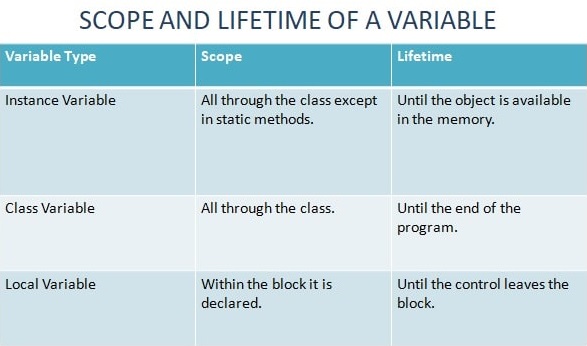
I'd be happy to explain the scope and lifetime of variables in Java!
Scope of Variables
In Java, the scope of a variable refers to the region of code where a variable can be accessed. A variable's scope is determined by its location within a program. There are three types of scopes:
Local Scope: A local variable is defined inside a method or block and can only be accessed within that specific scope. Once you exit the method or block, the variable goes out of scope. Instance Scope: An instance variable is defined within a class but outside any method. It has a scope that spans across all methods in the same class. Global Scope: A global variable is declared at the top-level of a Java program (outside any method or block). It can be accessed from anywhere within the program.Lifetime of Variables
The lifetime of a variable refers to the duration for which it exists and can be used. In Java, there are two types of lifetimes:
Stack-based Lifetime: Local variables and reference variables (such as strings) have a stack-based lifetime. When you create a new object on the stack, it is allocated space and becomes valid. When the method that created it returns, the variable goes out of scope, and its memory is freed. Heap-based Lifetime: Instance variables and array variables have a heap-based lifetime. They are allocated space on the heap when they are declared or created, and their memory is released when they go out of scope.Variables' Lifetime Summary
Here's a summary of a variable's lifetime based on its scope:
Local Variables (stack-based): Exist only within the method that defines them. Instance Variables (heap-based): Exist for as long as the object it belongs to exists and can be accessed from any method in the same class. Global Variables (heap-based): Exist for as long as the program runs and can be accessed from anywhere.In summary, a variable's scope determines where it can be accessed, while its lifetime determines how long it exists and when its memory is released. Understanding these concepts helps you manage your variables effectively in Java programming!
(If Grandma asks you to translate this into Simplified Chinese, I hope she's not too angry with me.)
